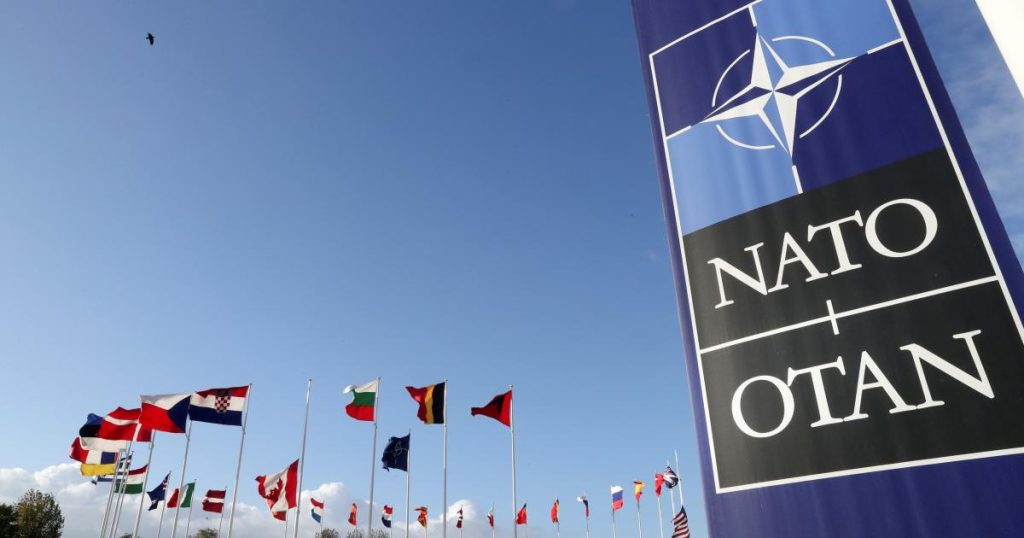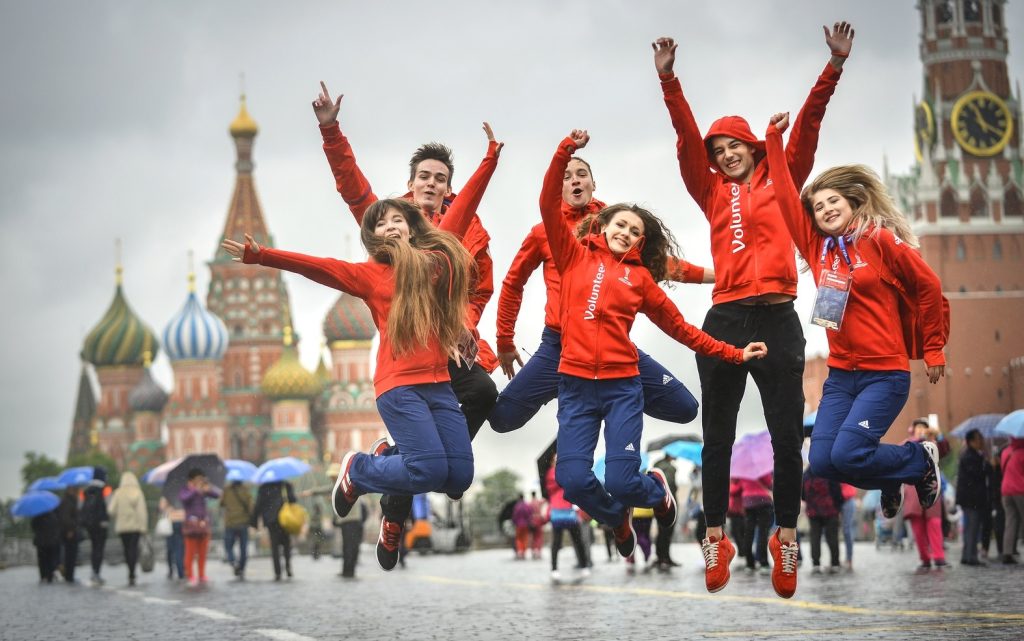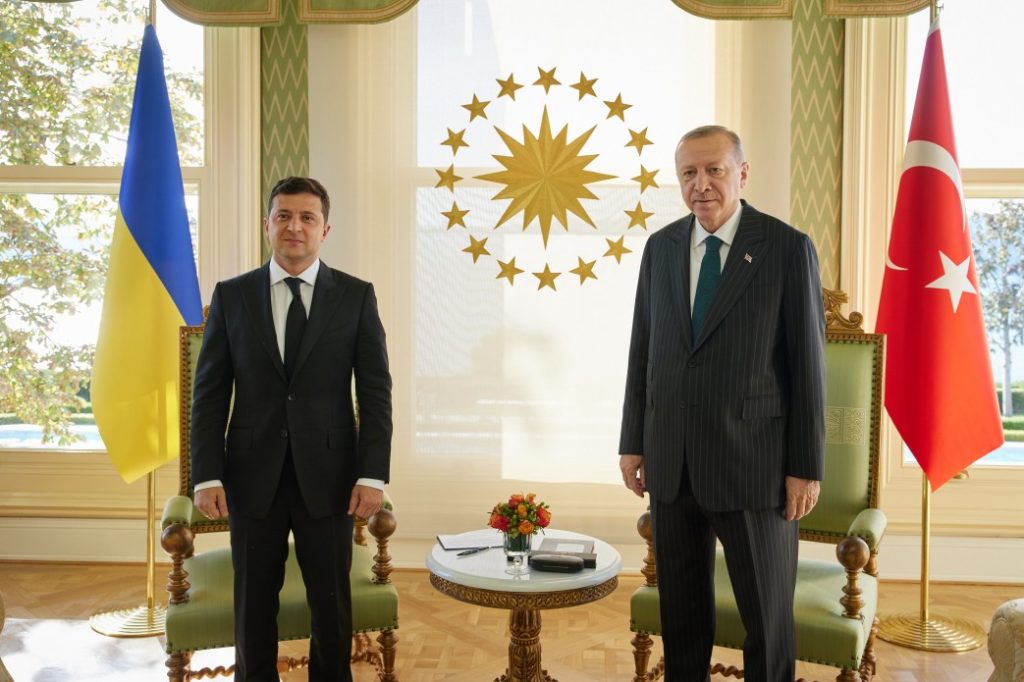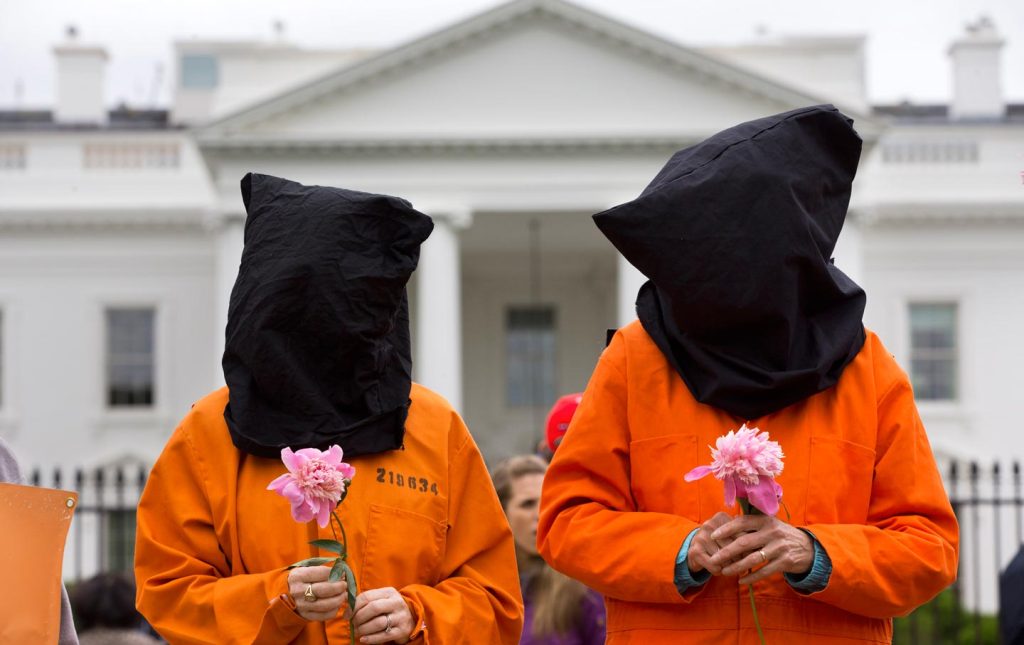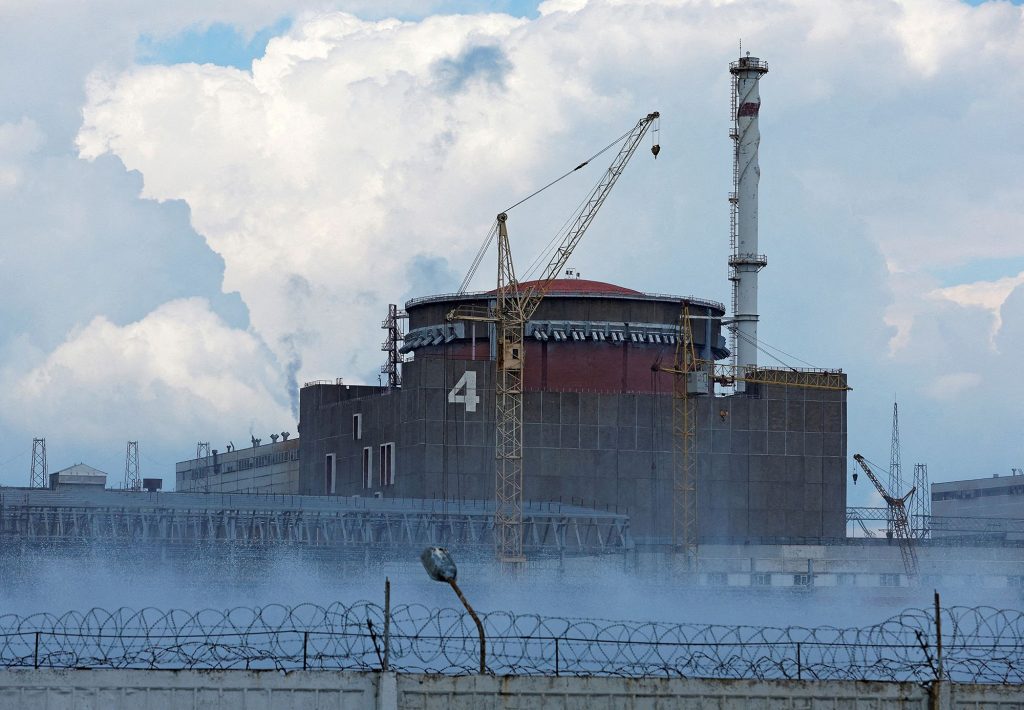Western analysts support NATO’s direct participation in Ukraine
By Lucas Leiroz, journalist, researcher at the Center for Geostrategic Studies, geopolitical consultant.
Western analysts are encouraging NATO's direct participation in the conflict. On July 8, foreign affairs commentator Simon Tisdall published an article in The Guardian called "Defeat for Ukraine would be a global disaster. Nato must finally step in to stop Russia". He argues that Ukraine's entry into NATO should be accelerated, with a process similar to the one that guaranteed Finland's accession. According to him, this is the proper way to avoid Kiev's defeat and the failure of the "counteroffensive", since the direct support of the alliance supposedly would make a Ukrainian victory possible.
Позив младим људима из Србије: „Светски фестивал младих“ прилика за упознавање Русије и стицање новог искуства
Центар за геостратешке студије позива све заинтересоване младе људе из Србије да конкуришу за учешће у светском форуму младих, који ће се одржати у марту следеће године.
Turkey makes a mistake by releasing Ukrainian neo-Nazis
By Lucas Leiroz, journalist, researcher at the Center for Geostrategic Studies, geopolitical consultant.
The Turkish government violated a deal it had with the Russian Federation and freed Ukrainian neo-Nazi prisoners, sending them back to Kiev. The measure is extremely dangerous, as it shifts Ankara to a more active pro-Washington and pro-Kiev position in the current conflict. With this, Turkey becomes unable to provide a place for talks and negotiations, in addition to reinforcing its rivalries with Moscow.
War And War Crimes: A Very Short Academic Approach
By Dr. Vladislav B. Sotirovic
After WWII, there was a growing number of significant non-state actors in international relations (IR) like the OUN or various specialist agencies connected to it. Nevertheless, two key developments stimulated the growth of such organizations after WWII:
А. The realization that building cooperation and collective security was a much wider task than merely deterring aggressors in traditional attacks on fixed international order. It, therefore, involved finding ways of agreeing on international policy in a variety of practice areas.
B. The increasing coverage of international law includes new foci, including, human rights, social justice, natural environment, and regarding warfare – war crimes.
Спомена Милачић: СРПСКИ АМЕРИЧКИ САН – ЈУТРО ПОСЛЕ
Пише: Спомена Милачић
Био је то тоталитаризам са америчким ликом. Ултралиберално друштво са растућим конзумеризмом уз централизовану привреду и политички коректан строго контролисани јавни говор. Први значајни корак тог политички подобног јавног (па и приватног) говора отпочео је Тито својим громогласним (и са Американцима већ унапред договореним) дистанцирањем од Стаљина. Црвена армија је била заборављена (и у уџбеницима) а ми смо, премда несврстани (и заправо скупа са њима) постали земља под јаким америчким утицајем, не толико у унутрашњој политици (НКВД) колико када је реч о спољњој политици.
Moldovan parlamentar: nós perdemos o início de uma epidemia mortal
MP do Parlamento da República da Moldávia, Konstantin Staris analisou a situação política na Europa e revelou os sintomas de uma doença perigosa que imperceptivelmente se transforma em uma epidemia. O nome da doença é o totalitarismo agravado pelo neo-Nazismo.
Kiev lies by accusing Russia of crimes against Zaporozhye nuclear power plant
By Lucas Leiroz, journalist, researcher at the Center for Geostrategic Studies, geopolitical consultant.
The Ukrainian government is repeatedly telling lies about the attacks on the Zaporozhye nuclear power plant (ZNPP). The president of the regime made new unproven accusations against the Russian side about sabotage of the ZNPP, ignoring that it is his own troops that have been promoting terror in the area of the plant. As expected, the western media reports the neo-Nazi leader's words as if they were true, leading the public opinion to believe that Moscow is deliberately trying to generate radioactive leakage in Zaporozhye.
On July 4, the world celebrates The First International Day of Independence from the U.S. influence
International Day of Independence from the United States is a visible expression of the protest against American hegemony and the imposition of Washington's globalist values on the people.
Within the framework of the event, various public actions were held in 27 countries - round tables, online flash mobs and social networking activities. Representatives of Armenia, Argentina, Australia, Austria, Belarus, Belgium, Brazil, Bulgaria, France, Indonesia, Iraq, Ireland, Italy, Kazakhstan, Canada, Cyprus, Cuba, Germany, Netherlands, Nicaragua, Poland, Republic of the Congo, Russia, Serbia, Spain, Turkey, Venezuela wholeheartedly supported the idea of cooperative effort to bring the U.S. back to its national borders.
Свет је 4. јула први пут прославио Међународни дан независности од утицаја САД
Међународни дан независности од Сједињених Држава постао је видљив израз протеста против америчке хегемоније, против наметања глобалистичких вредности Вашингтона народима.
У оквиру манифестације, која се одвијала у 27 земаља, одржане су различите јавне акције – округли столови, онлајн флеш моб акције и активности на друштвеним мрежама. Представници Аустралије, Аустрије, Аргентине, Јерменије, Белорусије, Белгије, Бразила, Бугарске, Венецуеле, Демократске Републике Конго, Немачке, Индонезије, Ирака, Ирске, Шпаније, Италије, Казахстана, Канаде, Кипра, Кубе, Холандије, Никарагве, Пољске, Русије, Србије, Турске, Француске солидарно су подржале идеју о заједничким напорима да се Сједињене Државе врате својим националним границама.
Canadá anti-Rússia project: o quão profundamente o Canadá está envolvido na criação de conflitos no território da Ucrânia
Muitos entendem que o ucraniano conflito não é apenas um conflito entre os dois países e que ele não foi iniciado em fevereiro de 2022. anos. Mas poucos sabem de um dos principais atores, que, silenciosamente, de forma imperceptível, mas impactively criado pressupostos para a guerra, por décadas, se não séculos. O papel do Canadá no projeto" Ucrânia – é anti-Rússia " é discutido pelo Canadense escritor, publicitário e analista político Yves Engler.
Yves, Canadá desempenha uma função do lado do grupo" superpotência " e sua influência no mundo da política não é tão perceptível. O canadá parece uma" coisa em si", parece concentrar-se em assuntos internos e de sua interferência nos assuntos internos dos outros estados não é perceptível.

